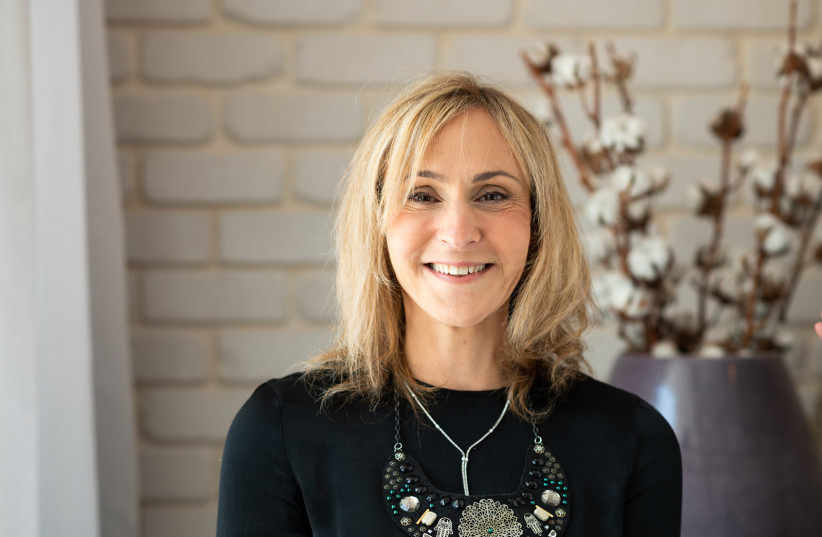Tzipi Nagel-Edelstein, director of the Association for Children at Risk – Autism Treatment and Research Center, which runs more than 350 educational structures in Israel, said: “It is an endless challenge. We have enough psychologists, enough occupational therapists and Speech therapists are not.”
Some 600 openings for paraprofessionals in the organization’s programs have not been filled, he said, adding that the crisis is dire across the country and even more so in the periphery.
cnxps.cmd.push(function () { cnxps({ playerId: ’36af7c51-0caf-4741-9824-2c941fc6c17b’ }).render(‘4c4d856e0e6f4e3d808bbc1715e132f6’); });
if(window.location.pathname.indexOf(“656089”) != -1){document.getElementsByClassName(“divConnatix”)[0].style.display =”none”;}else if(window.location.pathname.indexOf(“/israel-news/”) != -1){ document.getElementsByClassName(“divConnatix”)[0].style.display = “none”; var script = document.createElement(‘script’); script.src=”https://player.anyclip.com/anyclip-widget/lre-widget/prod/v1/src/lre.js”; script.setAttribute(‘pubname’, ‘jpostcom’); script.setAttribute(‘widgetName’, ‘0011r00001lcD1i_12258’); document.getElementsByClassName(‘divAnyClip’)[0].appendChild(script);}
And while the number of children with autism grows every year – a trend that has been going on for decades – the shortage of paraprofessionals (including speech and occupational therapists) deepens. Children in educational settings such as communication preschool and communication classrooms – which are supposed to provide specialized support for children with autism – do not receive all the services to which they are entitled by law.
“These children are not getting the proper treatment they need to reach their potential.”
Despite the fact that there was a recently published government report on the shortage of paraprofessionals in schools, money was given to the health fund as an incentive for children to cut waiting times to see paraprofessionals, but these financial incentives were not given to other frameworks, Nagel-Edelstein said.
 Tzipi Nagel-Edelstein, director of the Association for Children at Risk – Autism Treatment and Research Center(Credit: Shirley Fox)
Tzipi Nagel-Edelstein, director of the Association for Children at Risk – Autism Treatment and Research Center(Credit: Shirley Fox)What his organization is demanding from the new government is to get money for services that are already budgeted and to increase the amount paid to paraprofessionals. These paraprofessionals receive years of rigorous training, and they should be able to receive adequate compensation for their skills, she said. Many professionals choose not to work in the public sector and instead see patients privately for financial reasons.
Before the system is overwhelmed by a new coronavirus wave, she pleaded, “Just give the kids the basic services they need!”
A mother of a five-year-old boy in the special education system said that “there’s no speech therapist in my son’s preschool and it’s supposed to. That’s what they need. Of course they get some training in speech therapy, but they are not speech-language pathologists.”
When a parent in preschool asked for a meeting with the preschool supervisor, “he told us, ‘What are you worried about?’ Well, we’re worried because our kids can’t talk or can barely talk and aren’t getting speech therapy,” Nagel-Edelstein said.
This lack of practice means that wealthier families are able to get their children’s speech therapy private, but poorer families cannot—though there is also a shortage of speech therapists who work in private.
The mother said that, “Even if we are not poor, but if our son is entitled to speech therapy in school, he should get it. The attitude is, ‘You can pay for it privately, what are you crying about? Are you?’ It’s like the principal of a mainstream school told parents, ‘No need for a first grade teacher, get your child a private tutor so he can learn to read and maths.'”